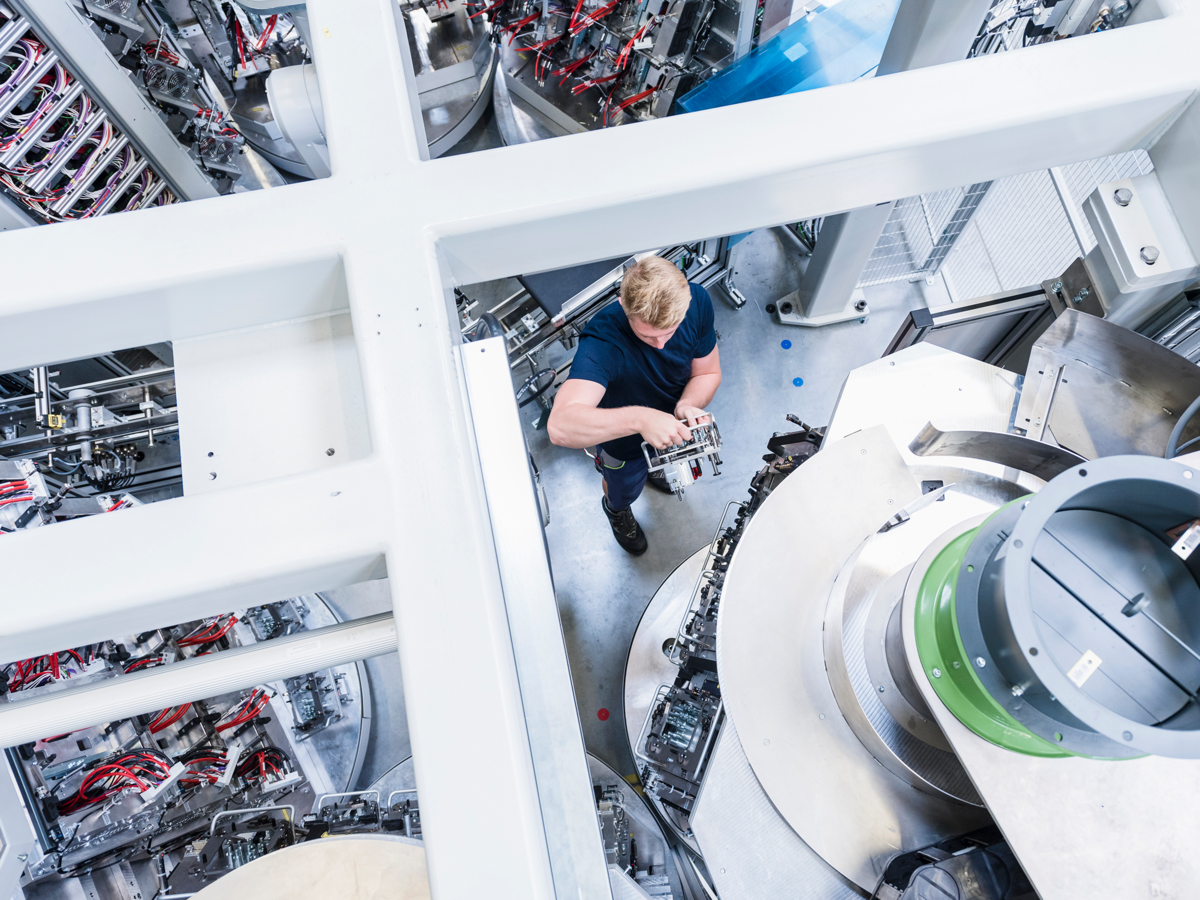August 29, 2020
At any given moment, a crisis is poised to consume life as we know it, whether on an individual basis or, as we're currently witnessing with the COVID-19 pandemic, on a global basis. History shows the toll of such events, from the black plague of the middle ages to the 2004 Indian Ocean earthquake and tsunami, crises almost always catch us unprepared. Fortunately, history also demonstrates our resiliency, from giant bolts designed to hold homes together after the great earthquake of 1886 to beermakers producing hand sanitizer today, people are resourceful. But, is there a way to be prepared for innovation before the unexpected occurs?
Naturally, people will say, "How can we prepare for an unknown global pandemic or a future cyclone, flood, earthquake, an act of terrorism"—the list of possibilities goes on and on. The more important question is, "How can we not prepare?" Just because we do not know precisely when and where a crisis might occur doesn't mean we should sit back and wait. As the COVID-19 pandemic and other recent events demonstrate, it takes time to pivot resources, to retool and to organize responses; time that could mean life or death for your business, your supply chain or, as we've witnessed since the start of 2020, literally, loss of life.
So, how can organizations better prepare for future crises? A few thoughts on expecting the unexpected:
(Re)define the business of innovation
Harvard Business School Professor Theodore Levitt's article, "Marketing Myopia," (gated), woke up many companies after its publication in the Harvard Business Review in 1960. Long included as mandatory reading for business and marketing courses, the article challenged companies to stop defining themselves by what they produced and instead, to focus on satisfying customer needs.
While Levitt intended his words to be a wakeup call for U.S. businesses riding the wave of post-World War II industrial-strength, his premise holds true for companies eager to respond faster to future crises. Of the many brilliant thoughts offered in his piece, this one phrase stood out:
"It is constant watchfulness for opportunities to apply their technical know-how to the creation of customer-satisfying uses which accounts for their prodigious output of successful products."
What's interesting about Levitt's admonishment to maintain "a constant watchfulness" is laid out in a series of findings published by Joseph B. Fuller, Judith K. Wallenstein, Manjari Raman and Alice de Chalendar in the Harvard Business Review.
The article, "Your Workforce Is More Adaptable Than You Think," is based on a comprehensive, global survey of 11,000 workers and 6,500 business leaders in 2018. The study discovered that the two groups see the future in significantly different ways, noting that workers seem to have greater insight into the forces of disruption and its impact on companies. Leaders, by contrast, maintain too narrow of a focus, seemingly unable—or unwilling, the authors suggest—to explore the potential implications of disruptive forces, leading them to conclude that "most leaders haven't yet figured out which forces of change they should make a priority."
This article concludes that their inability to prioritize disruption results in a miscalculation of talent reserves, leading to underinvestment in employee training programs.
The lesson? Never lose sight of the larger core of your business and continuously cultivate the technical expertise of your employees to be ready to pivot and refocus efforts in times of crisis.
Develop an innovation mindset
Innovation always starts with an idea, but ideas, like a pesky mosquito, can be easily squashed.
Companies seeking to develop an innovation mindset and not an innovation moment should consider a multifaceted approach to innovation, incorporating it across the entire organization. One way is to create a system that is continuously testing and optimizing to refine projects. Similar to the scientific process, this allows organizations to keep innovation top-of-mind.
Waguih Ishak, chief technologist for Corning R&D Corporation-Silicone Valley, said in a September 2017 article published by McKinsey & Company:
"We all need mechanisms and a culture that encourages the embrace of new technologies, kindle the passion for knowledge, and ease barriers to creativity and serendipitous advances."
The value returned by allowing employees to think, create and ideate will strengthen your company, helping it to ride out times of crisis successfully. Leading is as much about listening, trusting and empowering employees as it is about directing and managing output.
The lesson? By baking an innovation mindset into the company culture, the process becomes a strategic guiding principle that you can lean on when the going gets tough.
Strengthen your innovation ecosystem
In UL's 2019 Innovation Study, over half of the survey respondents use external partnerships for innovation. But, there are considerable differences between industries. Seventy-three percent of manufacturers reported regular collaboration with external partners for emerging product and process innovations, while only 23% of healthcare/medical device respondents reported the same.
Could there have been faster cures and a smoother rollout of innovative ideas to combat the novel coronavirus if the healthcare and medical device industry had developed more external partners? While we can't change the past, we can improve future responses to crises. Collaboration builds flexibility and allows organizations to get their solutions to market faster. And, an agile organization, with like-minded partners, can change course to react more quickly to disruption.
The lesson? Disruption isn't going away, whether the introduction of a new competitor or a new virus. Building an innovation ecosystem, or continuously strengthening and refining a current one, allows for faster innovation to resolve these situations.
In a world where disruptive events are happening more and more, and affecting companies, big and small, fine-tuning your innovation process now can help your company effectively navigate whatever crisis comes your way in the future.
Get in touch
rdgthgfjgjgjhgjhgjfgfj
